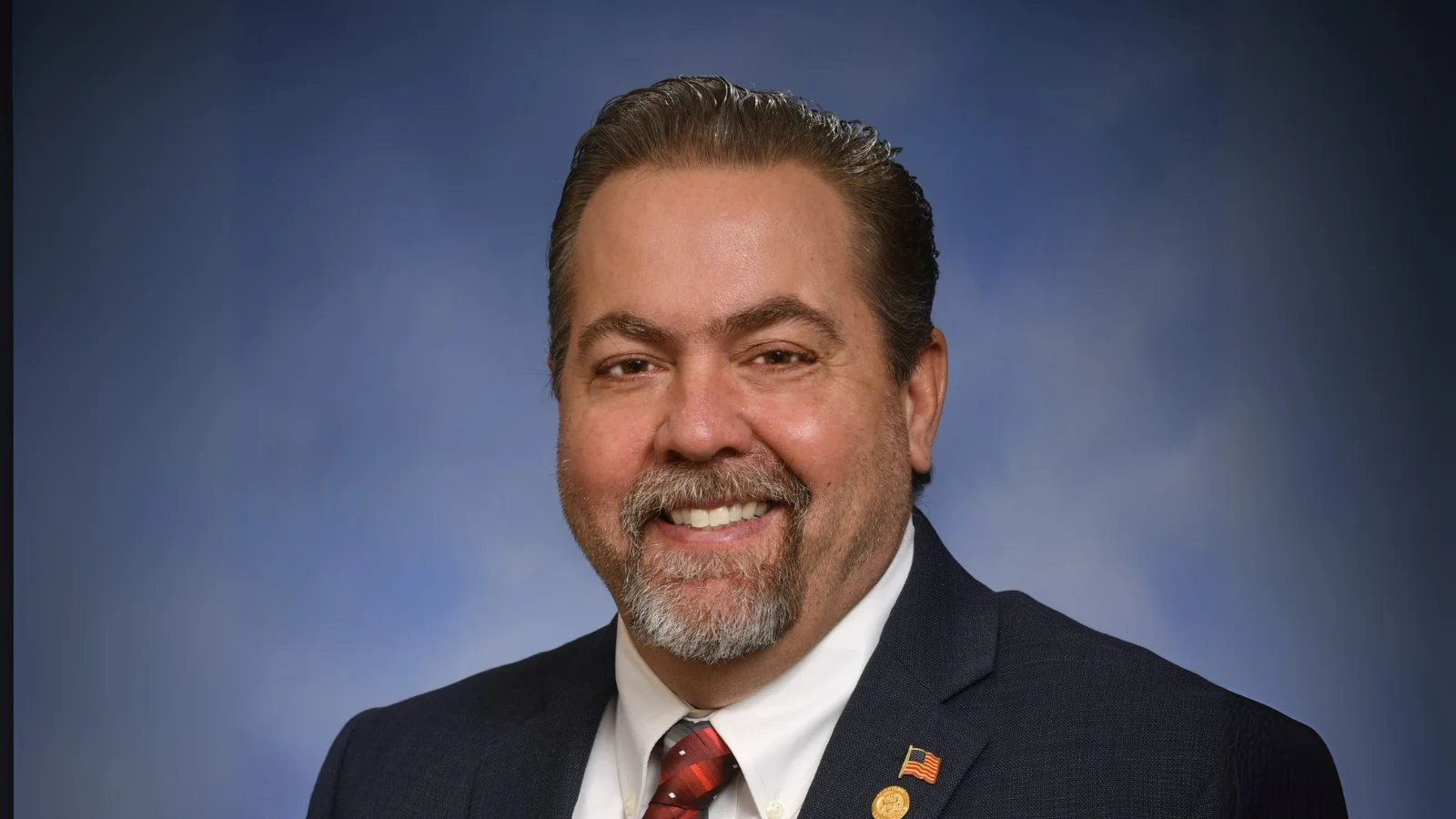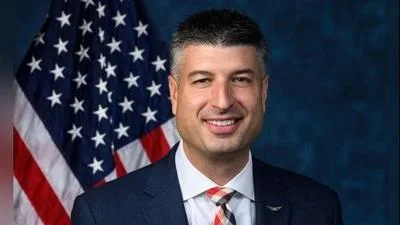Rep. Dave Prestin | Official Website
Rep. Dave Prestin | Official Website
State Representative Dave Prestin has introduced a bill aimed at giving small ambulance services in Michigan more flexibility in the level of care they provide. House Bill 5249 proposes the creation of an Adaptive Care License, which would allow Basic Life Support (BLS) ambulance services to operate at the Limited Advanced Life Support (LALS) level if they have at least one properly staffed and equipped ambulance for emergency patient transport, even if not on a full-time basis.
The proposed legislation is intended to help Emergency Medical Service agencies deliver higher levels of care when possible, particularly in rural areas where such options are often limited.
“This bill creates a path to secure flexibility that will allow rural providers to offer a level of service that is sorely lacking in many areas of our state, especially here in the Upper Peninsula,” said Prestin, who has experience as a volunteer first responder, paramedic, and firefighter. “There is only so much an ambulance operating at Basic Life Support can do for a patient while on the way to a hospital. I know how frustrating it can be for first responders trained in a higher level of care to know what to do in those situations but are withheld from even administering an I.V. due to state law.”
Currently, Michigan law requires all ambulance services to provide their designated level of care—BLS, LALS, or Advanced Life Support—at all times. This means smaller providers cannot offer higher levels of care unless they can maintain it around the clock, regardless of staff qualifications.
“Emergency medicine is one of the fastest-paced, yet incredibly specific jobs a person can have,” Prestin said. “We’re talking about highly trained individuals operating with few resources in some of the most rural corners of our state. There are places where the state can take a step back and ask: Are the rules we have in place here really what makes the most sense for people with boots on the ground?’ If not? It’s our responsibility to update those laws wherever we can, and that’s exactly what I’m trying to accomplish here. No paramedic should be in a position where they could have saved a patient, but state law got in the way.”
The bill seeks to address challenges faced by rural EMS providers by allowing them greater flexibility without requiring full-time upgrades across their entire fleet or staffing schedules.





 Alerts Sign-up
Alerts Sign-up